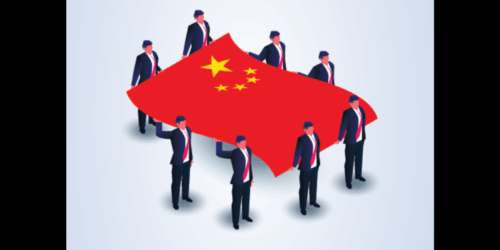Then-candidate and now President Trump has sent wildly contradictory messages about China’s role in the Asia-Pacific region and possible US responses to its growing military presence there. How is Beijing interpreting these mixed signals?
So far there has been mainly a wait-and-see attitude in Beijing. Some members of the leadership were skeptical of an early summit, because they wanted more clarity from the Administration before the first Xi-Trump meeting. But those who believed it was important to try to get a conversation started early won the day.
Is the Trump Administration willing to turn a blind eye towards China’s territorial aggression in the region if they win certain economic concessions from Beijing?
The U.S. focus is now obviously on the benefits China can provide in terms of trade. In a way, this makes the U.S. diplomatic and strategic role in East Asia more dependent on how far China is willing to go in terms of collaboration on economic issues. From a Chinese perspective, it may seem a kind of re-set to the 19th century, with China providing trade privileges in return for the United States not challenging China’s main interests in the region. The difference is, of course, that this time around China has by far the most dynamic economy, which puts Beijing at an advantage.
What are South Korea and Japan going to be looking for in this meeting between Xi and Trump?
In the aftermath of the meeting, Tokyo and Seoul will be looking for assurances that their links with the United States remain strong, especially if China-U.S. relations are improving. There is a very significant fear at the moment, especially in Japan, that its interests may be sacrificed by Trump if he gets concessions from the Chinese in terms of trade.
Putting aside Trump’s bellicose campaign rhetoric, is his realist view of the world likely to lead to a strategic understanding with Beijing on regional political and military issues?
I would not be surprised if Trump’s relations with China will improve over time. In Beijing, there are already some advisers who believe that the concessions Trump is most looking for, on trade and economics, are exactly the kinds of issues that can be resolved, while regional strategic issues are more intractable. The big question is of course what may happen if there is a big regional crisis, say over North Korea, before much progress has been made on bilateral U.S.-China issues in other areas. That’s when Trump’s and Xi’s nationalist rhetoric may collide.





